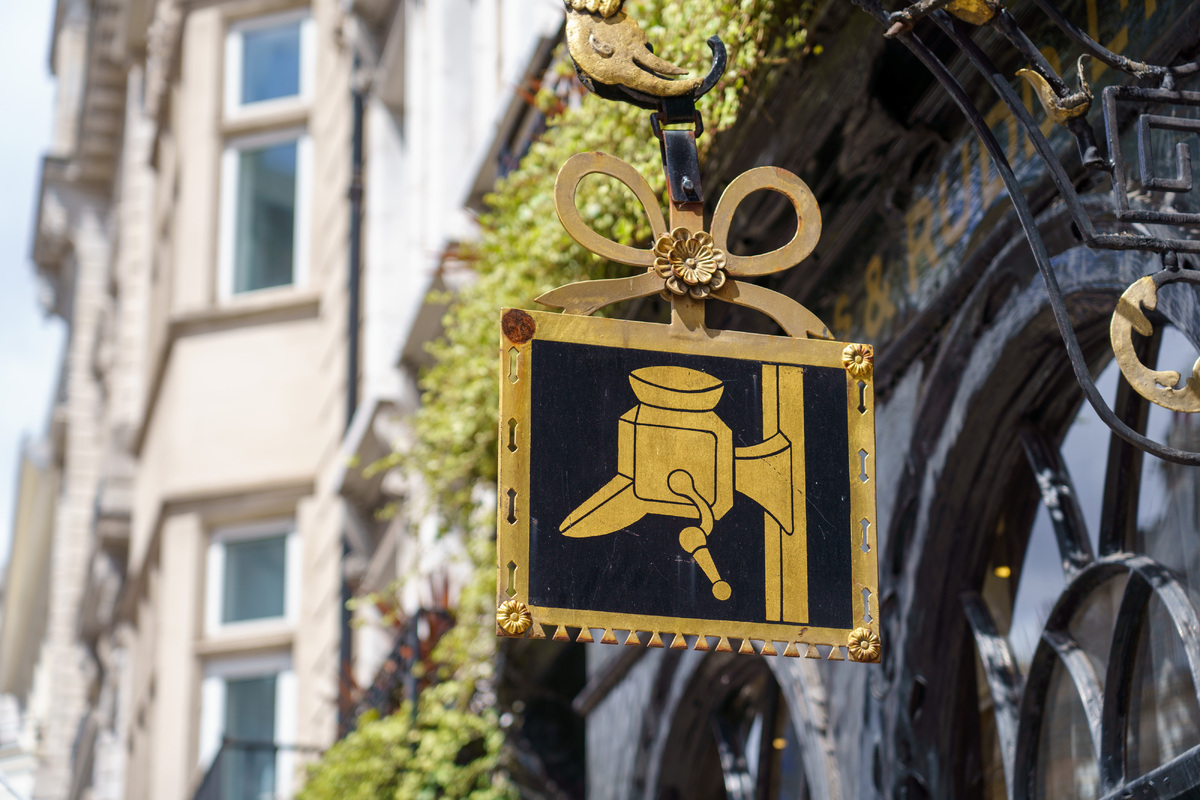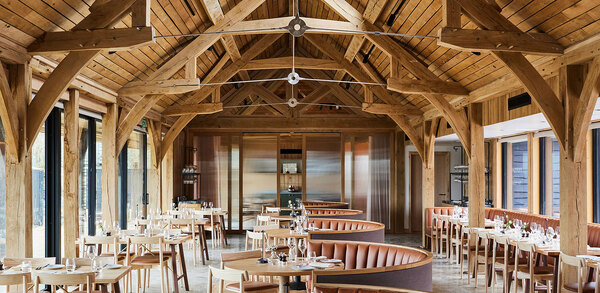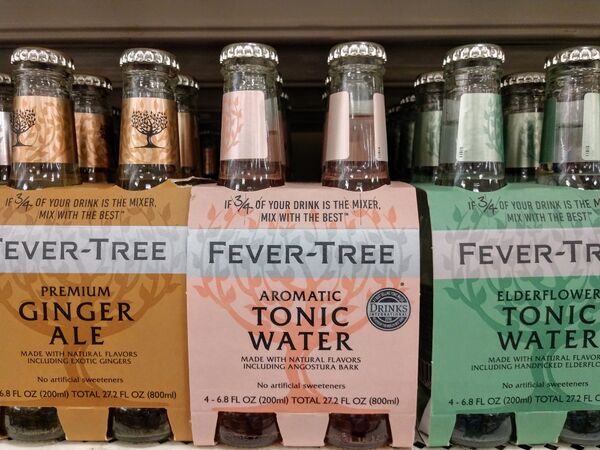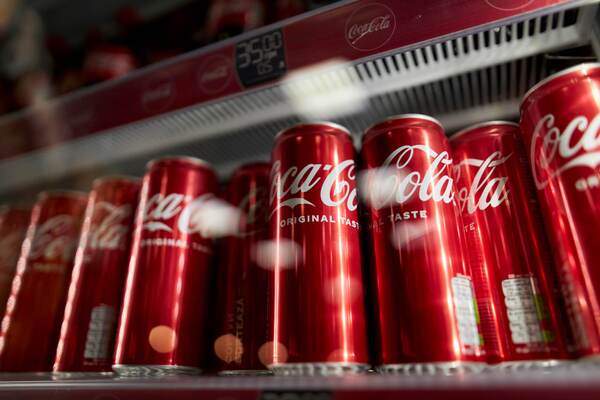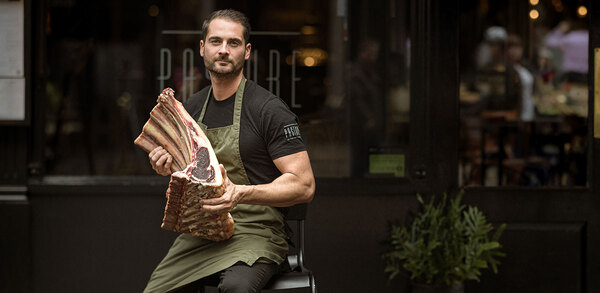Driver shortage expected to last a year while hospitality faces ‘terrifying’ 18% inflation
The shortage of HGV drivers causing supply chain disruption to businesses across the UK may not be resolved for the next year, according to the Road Haulage Association (RHA).
The organisation’s policy director Duncan Buchanan told a Business, Energy and Industrial Strategy Committee yesterday that he thought it would take 12 months for the industry to recover from the current situation and efforts by the government to relieve pressure on the sector, including short-term visas and increasing training and testing, were “not really having much of an effect”. The RHA has estimated that the industry is short of about 100,000 drivers.
He said that while the issues were with supply chain disruption rather than shortages of products, he did not believe the visas the government has made available in the run-up to Christmas would improve the situation as they were for too short a time period.
“People aren’t sitting round doing nothing, waiting for visas to turn up to work in a different country for three months, disrupt their lives, get stuck in the UK over Christmas. If you were to design a visa system to fail, you would design it something like this,” Buchanan said.
He added: “We’ve also got a problem with the Shortage Occupation List being based on snobbery… [it] should be based on what the economy needs not random academic levels.”
He instead called for an improvement in facilities such as parking for lorry drivers to help the sector attract and retain staff.
'Terrifying' inflation warning
Meanwhile, Ian Wright, chief executive of the Food and Drink Federation, said the food industry was 500,000 people short and estimated around 1.4 million people had returned to Europe despite having applied for settled status.
“We’re not going to run out of food but there are some shortages,” he said. “The people who registered for settled status had presumably decided to stay here, so it can’t be a completely Brexit issue, it must be a social issue to do with this wish, that is worldwide, of people to change their lives and go back to where they’re from, and that is a phenomenon we’re seeing across America and largely Western Europe.”
He also said inflation in hospitality was “somewhere between 14% and 18%”, a figure he described as “terrifying”, and that pressure on the sector was “going to end up with some [businesses] failing”.
The hospitality sector is struggling to deal with shortages of products as well as rising food prices on top of rising utility costs, staff shortages and a return to higher VAT levels.
The consumer prices index measure of annual inflation for September was 3.1%, which signalled that gross business rates bills next year from 1 April for 2022/23 will rise by £23.15m for pubs in England while restaurants and cafes will see their liabilities increase by £21.87m, according to forecasts by real estate adviser Altus Group – unless the chancellor intervenes in his Budget next week.
Suren Thiru, head of economics at the British Chambers of Commerce (BCC), called on Rishi Sunak to use the Budget to abandon the up-rating of business rates for at least the next financial year “to avoid severely aggravating already diminished business cashflow and further damaging our high streets and town centres”.
Thiru added that the ‘dip’ from 3.2% in August was not an accurate picture: “The slowdown was largely due to strong base effects caused by dining out costing less last month in comparison with September 2020, when prices increased following the end of the Eat Out to Help Out scheme.
“A renewed inflationary surge is expected in the coming months with the increase in the energy price cap, partial reversal of the VAT reductions for hospitality and tourism and persistent supply chain disruption. This is likely to push inflation above 4% by the end of 2021.
“Rising inflation could disrupt UK’s economic recovery by eroding consumers’ spending power and squeezing firms profit margins and ability to invest.”
Photo: Shutterstock / NORRIE3699





